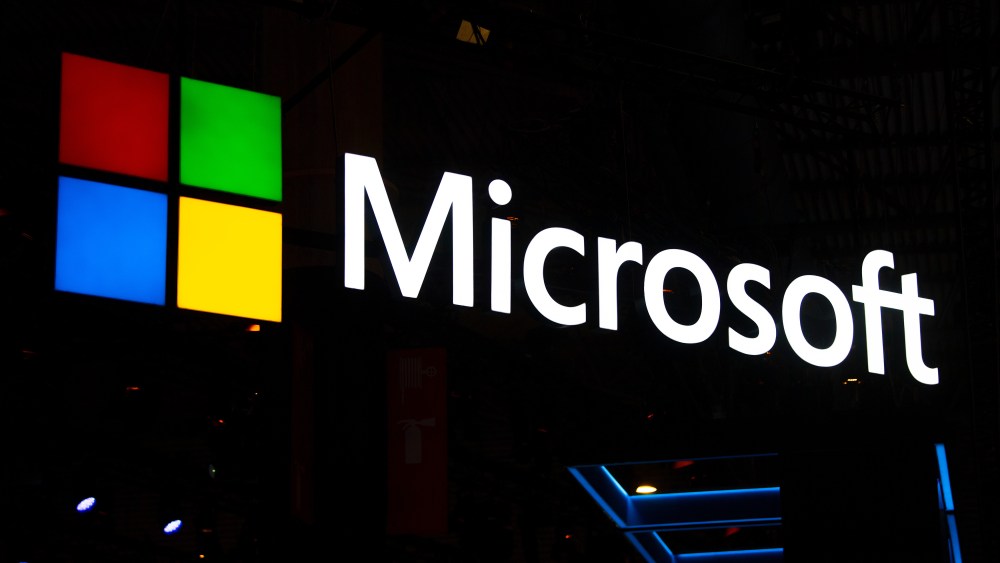In a quiet but significant move, Microsoft has drawn the final curtain on its Movies & TV digital storefront. After a thirteen-year run, the service, which allowed users to purchase or rent films and television series directly on their Windows PCs and Xbox consoles, ceased operations on July 18. This strategic withdrawal marks a notable shift for the tech giant in the increasingly competitive digital entertainment landscape.
A Brief History: From Xbox Video to Microsoft Movies & TV
What began in 2012 as `Xbox Video` eventually rebranded to `Microsoft Movies & TV`, aiming to provide a direct digital media consumption avenue for its vast ecosystem of users. For over a decade, it served as a convenient, albeit perhaps not always primary, source for digital content for millions. Users could build a personal library, accessing their favorite shows and films without needing external physical media or subscriptions to other streaming platforms. It was, in essence, Microsoft`s attempt to carve out a slice of the lucrative digital content sales pie.
The Unspoken Reason: A Market Saturated by Giants
While Microsoft offered no explicit post-mortem for the service`s closure, the reasons are implicitly clear to anyone observing the digital entertainment industry. The landscape of digital entertainment has undergone a seismic shift since 2012. It`s now dominated by behemoths like Netflix, Amazon Prime Video, Apple TV+, Disney+, and a plethora of other specialized streaming services. It`s a market defined by deep pockets, aggressive content acquisition, and the relentless pursuit of subscriber eyeballs. For a company with the vast resources of Microsoft, maintaining a competitive, standalone content store in this arena likely became an exercise in diminishing returns. Why spend resources trying to outbid Netflix for content licenses when you can instead ensure Netflix, Apple TV, and Amazon Prime Video run flawlessly on your Windows devices and Xbox consoles?
Microsoft`s primary focus has unequivocally pivoted towards its thriving Xbox Game Pass ecosystem, cloud services, and core productivity suite. This move suggests a pragmatic decision to cede ground in a non-core business where others have established unassailable leads. It`s a testament to the idea that even tech titans, with their immense capabilities, must choose their battles wisely and double down on their strengths rather than dilute efforts in highly contested, less profitable ventures.
What This Means for Users: Your Library is (Mostly) Safe
For the millions who embraced Microsoft`s digital offerings over the years, a crucial question arises: what about my purchased content? The good news, thankfully, is that your digital library remains accessible. Previously acquired films and series will still be available for streaming and, in the case of Windows PCs, for HD download. However, the key change is definitive: users can no longer purchase or rent new content through the Microsoft Movies & TV service. This transition ensures that past investments are not lost, but it firmly closes the door on future transactions, directing users toward alternative platforms.
Broader Implications: Specialization in the Digital Age
Microsoft`s exit serves as a stark reminder of the brutal competition within the digital content distribution space. It underscores a broader trend in the tech world: companies increasingly specialize. Rather than attempting to be everything to everyone, major players are refining their core competencies. For Microsoft, that`s platform development, gaming services, cloud computing, and enterprise solutions. Being a primary digital movie vendor is no longer part of that strategic vision.
The departure of Microsoft Movies & TV isn`t merely a feature removal; it`s a strategic retreat from a battlefield already claimed by others. It reaffirms Microsoft`s role as a platform provider, facilitating access to diverse content rather than owning its distribution. In an increasingly specialized digital world, even tech titans must choose their battles wisely, allowing the dedicated content providers to thrive on their versatile operating systems and powerful gaming consoles.

